When a patient walks in needing emergency dentistry, speed, hygiene, and appropriate aftercare products matter. For B2B partners — whether you’re a manufacturer, distributor, or clinic supplier — understanding how Kirkland dental clinics manage urgent cases lets you design product lines and service programs that truly support clinicians and patients. Below we outline six practical areas where product choices (especially electric-toothbrush related items) make a measurable difference in emergency workflows and patient outcomes.
First, clinics triage to stabilize pain and limit infection. Consequently, emergency teams appreciate on-hand consumables and take-home kits. Therefore, manufacturers should offer compact “post-emergency” kits that include a travel-friendly electric toothbrush (with soft brush heads), single-use replacement heads, desensitizing toothpaste samples, and clear patient instructions. In short, when Kirkland dental clinics need to discharge a patient quickly, a ready kit improves immediate oral care compliance.
Moreover, infection control is non-negotiable during urgent care. Thus, suppliers must provide brush heads in hygienic, tamper-evident packaging and accessories that integrate with clinic sterilization protocols — for example, UV sanitization cabinets sized to accept detachable electric brush heads or hygienic travel cases for patient takeaways. As a result, clinics reduce cross-contamination risk and confidently hand patients electric toothbrushes or replacement heads after emergency procedures.
In addition, many urgent visits involve sensitive tissue — exposed dentin, sutures, or inflamed gums. Therefore, electric toothbrush models with a dedicated gum-care or sensitive mode, ultra-soft bristles, and built-in pressure sensors are highly valued. Specifically, Kirkland dental clinics often recommend a softer brushing program immediately after treatment; consequently, B2B catalogs should include brush heads and models designed for gentle cleaning to minimize irritation while maintaining plaque control.
Furthermore, turnaround matters. Emergency dentistry thrives on rapid restocking: same-day or next-day delivery of replacement heads, batteries, and sanitization consumables. Hence, manufacturers with regional warehousing or local distribution partners win hospital and clinic contracts. To illustrate, clinics in and around Kirkland prefer vendors who can quickly deliver replacement brush heads or emergency kits so patient care never waits on supply chains.
Consequently, device reliability is critical. Features such as long battery life, quick (USB-C) charging, waterproof designs, and rugged travel cases ensure patients can maintain oral care after leaving the clinic — even if they’re on the go. Therefore, when recommending electric toothbrushes for post-emergency care, Kirkland dental clinics look for models that combine dependable performance with patient-friendly features that support recovery and reduce follow-up visits.
Finally, education drives outcomes. Clinics that pair product handouts with short live demos — for example showing how to use a soft mode, enable a 2-minute timer, or swap a brush head — see higher adherence. Moreover, products with optional app connectivity and brushing feedback let clinics remotely encourage correct technique after discharge. Consequently, manufacturers should supply clinician training materials, patient leaflets, and digital resources that integrate with emergency-care workflows.
Conclusion (short):
In sum, Kirkland dental clinics manage emergency dentistry by stabilizing the patient quickly and then enabling effective, hygienic home care. For B2B partners, the opportunity is clear: supply thoughtfully assembled post-emergency kits, gentle electric-toothbrush options, hygienic packaging, fast logistics, and education tools so clinicians can focus on urgent care — and patients can maintain oral health afterward.
6-point action checklist for manufacturers & distributors serving emergency dentistry:
Call to action:
If you’d like sample post-emergency kits, clinic demo units, or a tailored supply program for Kirkland dental clinics, contact our B2B sales team. We’ll help you build solutions that make emergency dentistry more efficient — and patient aftercare more reliable.Contact Powsmart
-1024x1024.jpg)
-1024x1024.jpg)

How to Choose a Reliable Electric Toothbrush OEM Factory and Build Long-Lasting Product Lines?
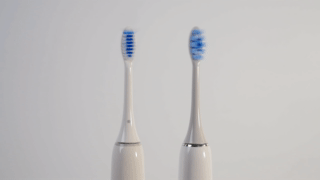
What Should You Pay Attention to When Using an Electric Toothbrush?
Children’s Day Gift Ideas Electric Toothbrush | Powsmart
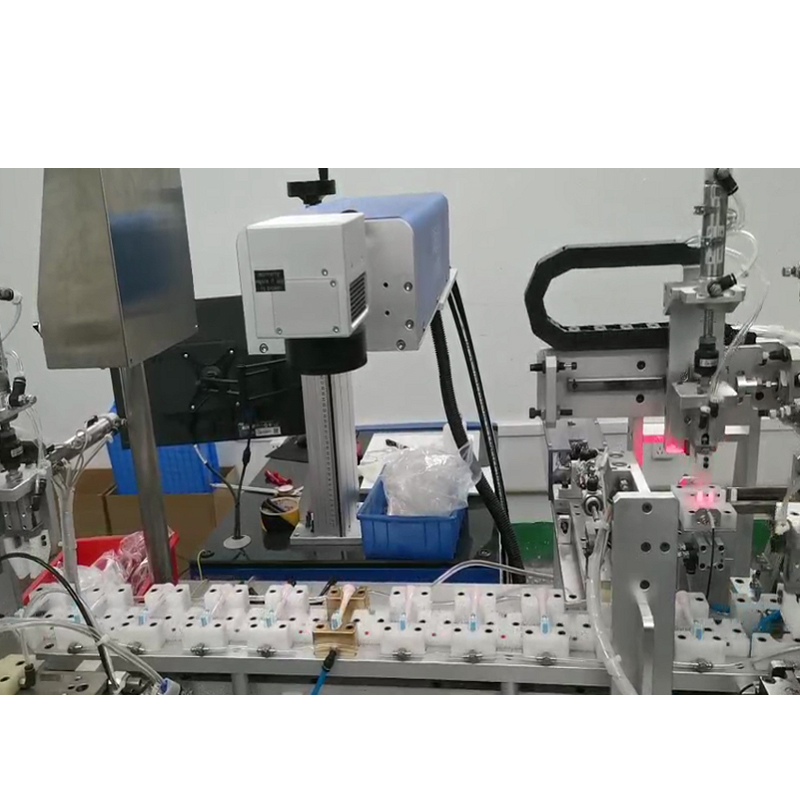
Electric Toothbrush Production Process Diagram: Complete Process from Injection Molding to Assembly and Key Points of Quality Inspection
.jpg)
Sourcing Water Flosser Manufacturers: Key Considerations for Oral Care Brands

“Manual vs. Electric Toothbrush: Which is Better?”
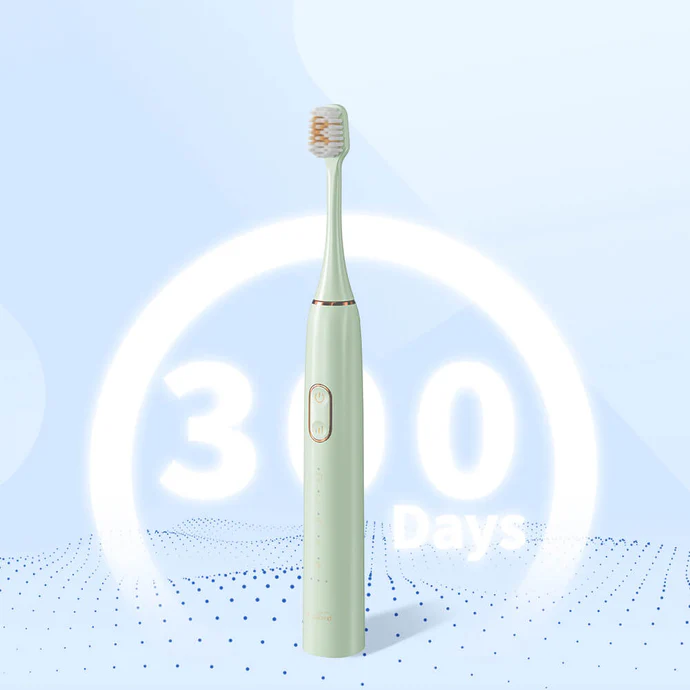
How can toothbrush design increase toothpaste foam generation to enhance the cleaning experience?
Button Unresponsive with Flow Inconsistency – Fix?
Health Gifts for Elderly Parents Smart Toothbrush | Powsmart
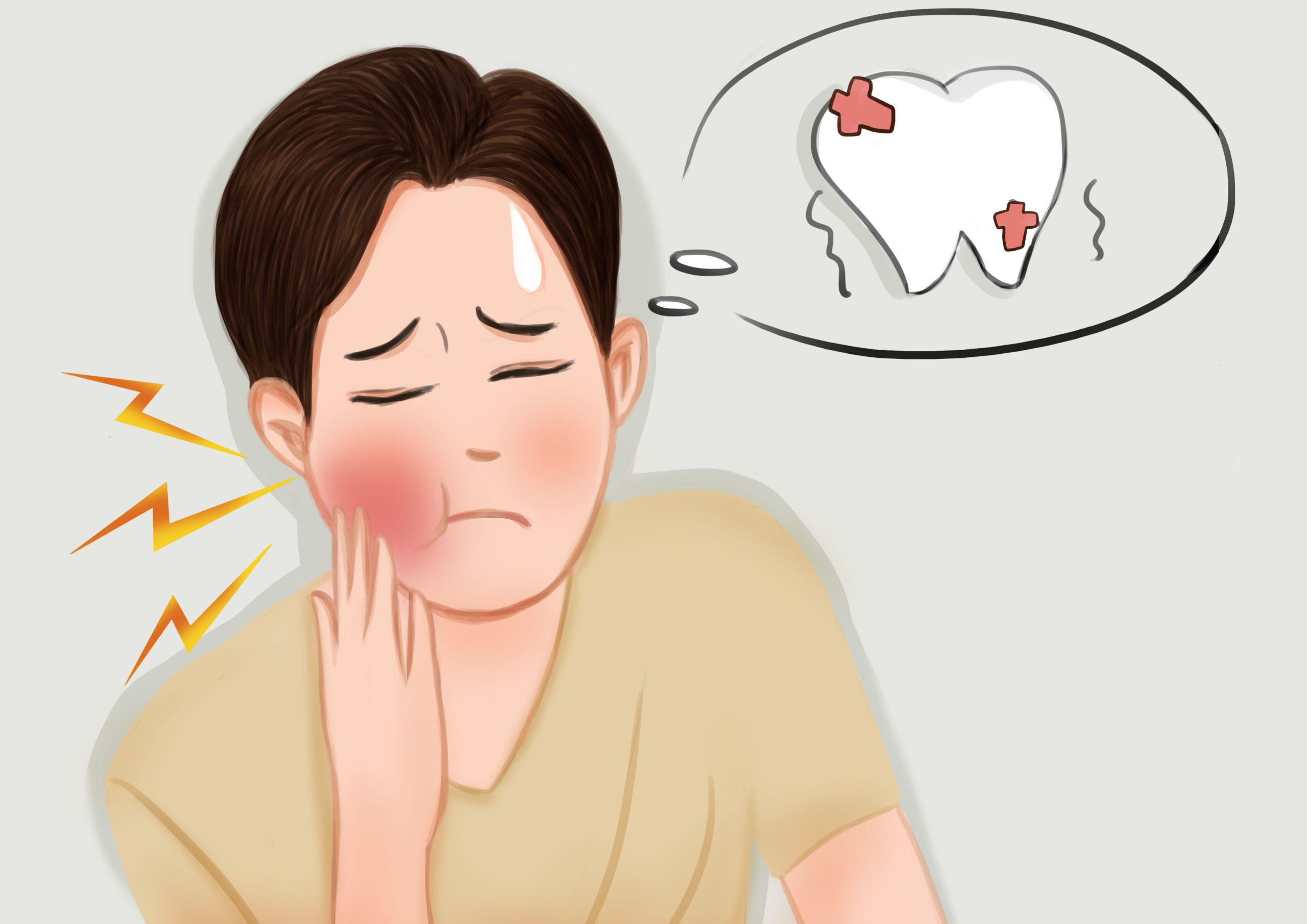
Toothache Remedies to Relieve Pain Fast
Houston Pressure Sensor Toothbrush – Protect Your Gums with Powsmart
Dentist Approved Electric Toothbrush for Periodontal Care Mumbai
Mode Glitches During Calibration Drift – What’s Really Happening?

Is a Quiet Electric Toothbrush Best for Seattle Apartments?
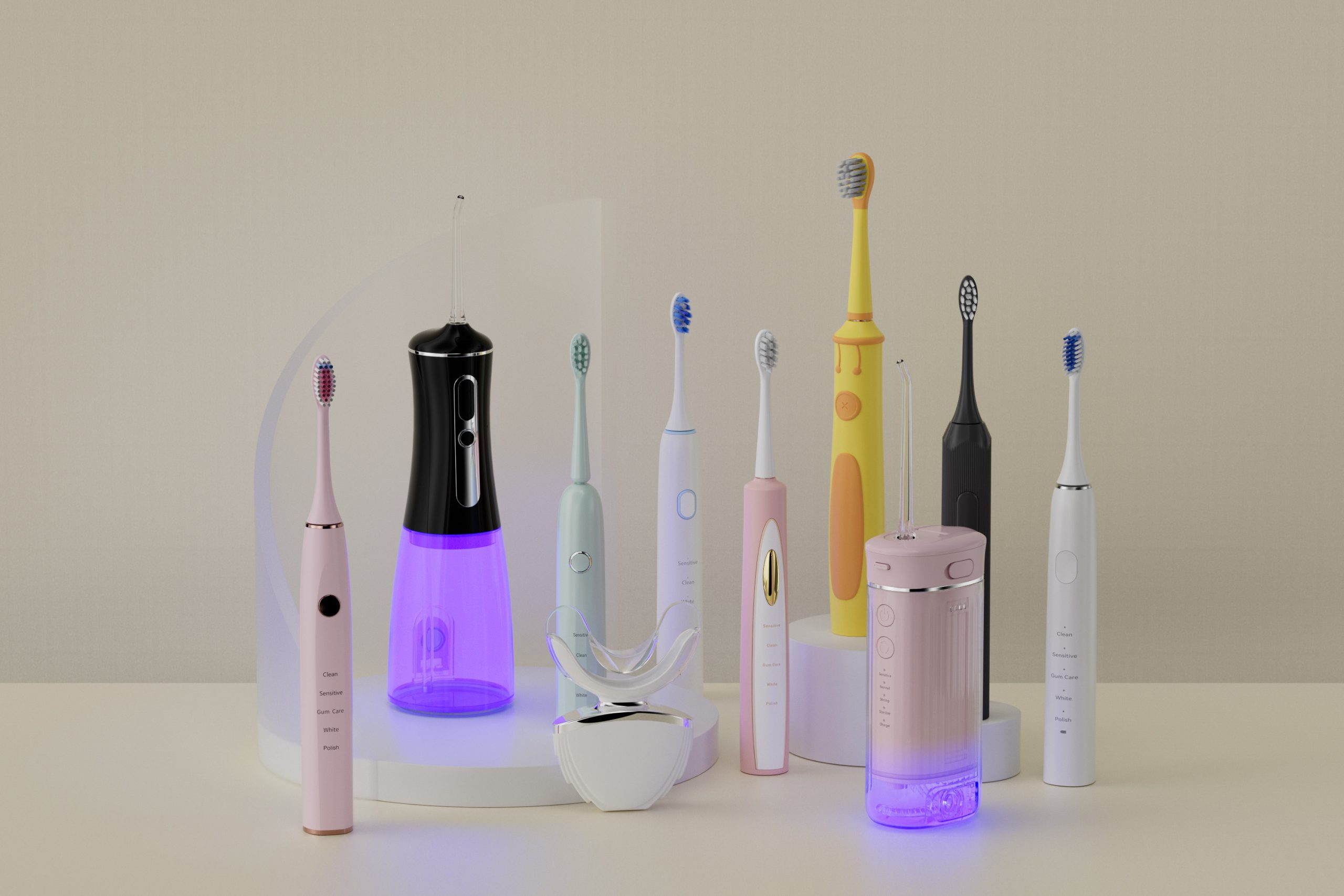
Why choose a Chicago kids toothbrush for your Chicago family toothbrush setup?

Why Do Dentists Recommend Dental Irrigators? Only by Cleaning Properly Can You Protect Your Mouth
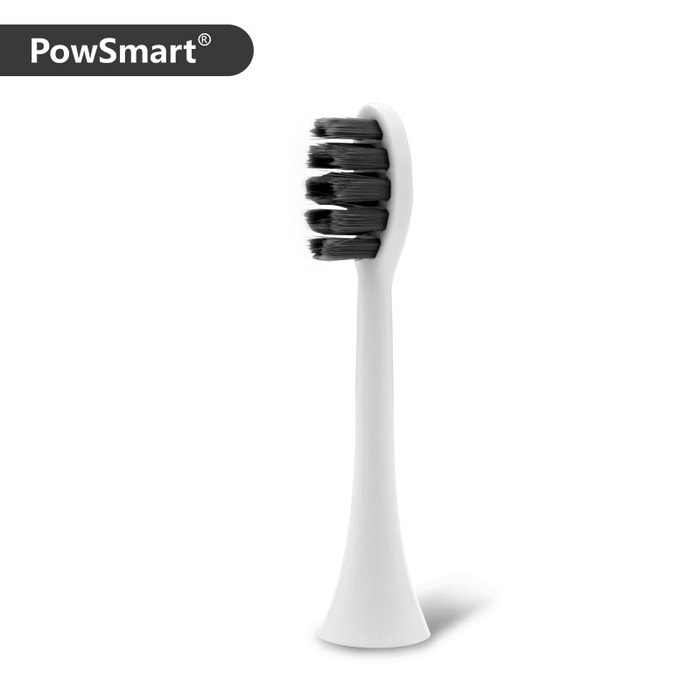
Electric toothbrush heads Charcoal Infused-Diamond
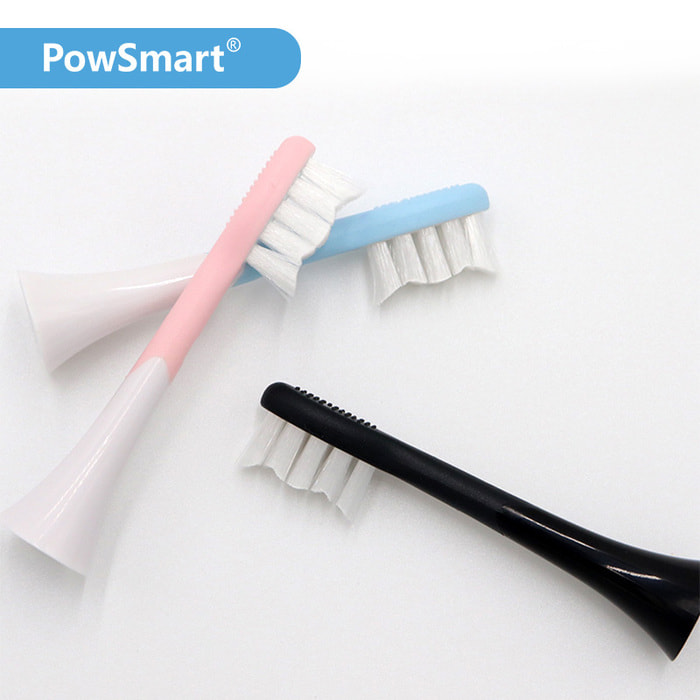
electric toothbrush heads Ultra Soft
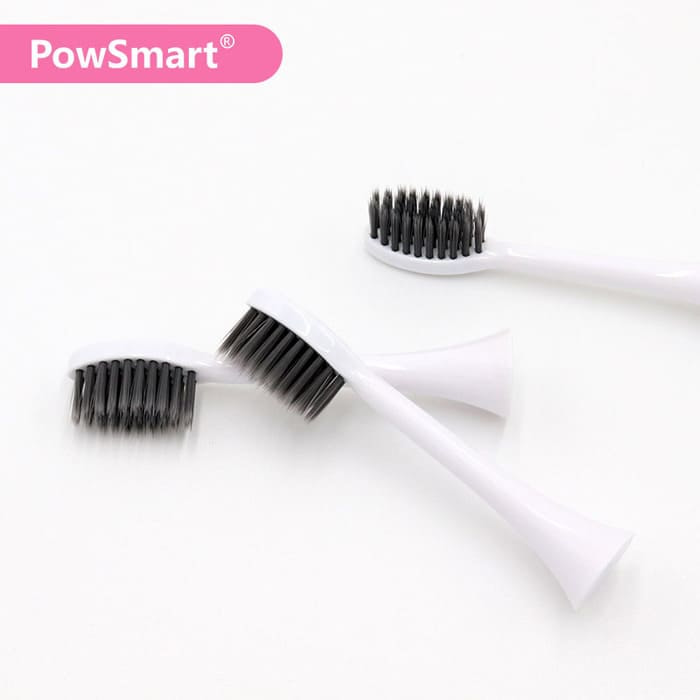
electric toothbrush heads Charcoal Infuse-Round
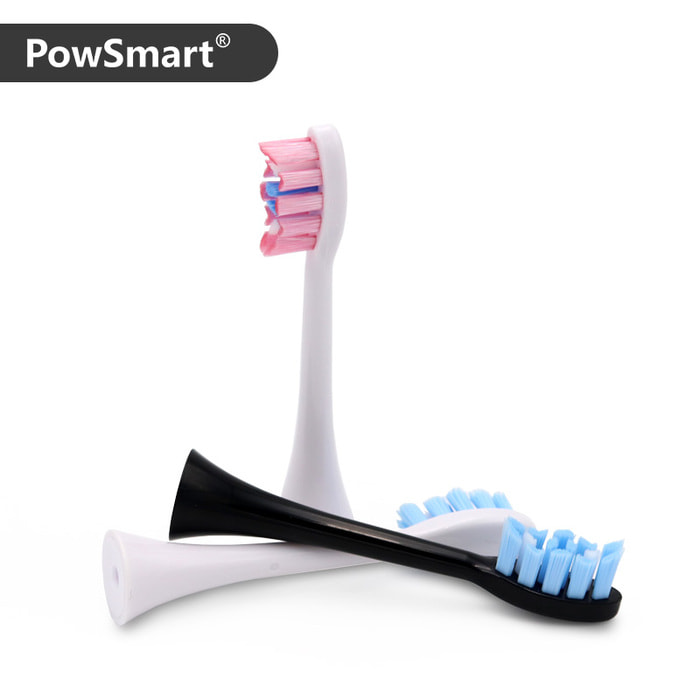
electric toothbrush heads Deep Clean
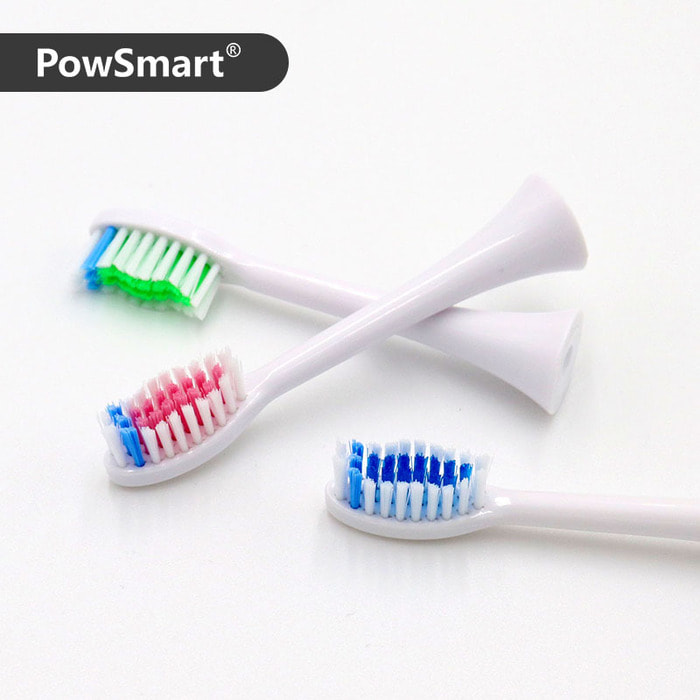
electric toothbrush heads Regular Clean
.jpg)
Florida Electric Toothbrush – Powsmart PTR-C8
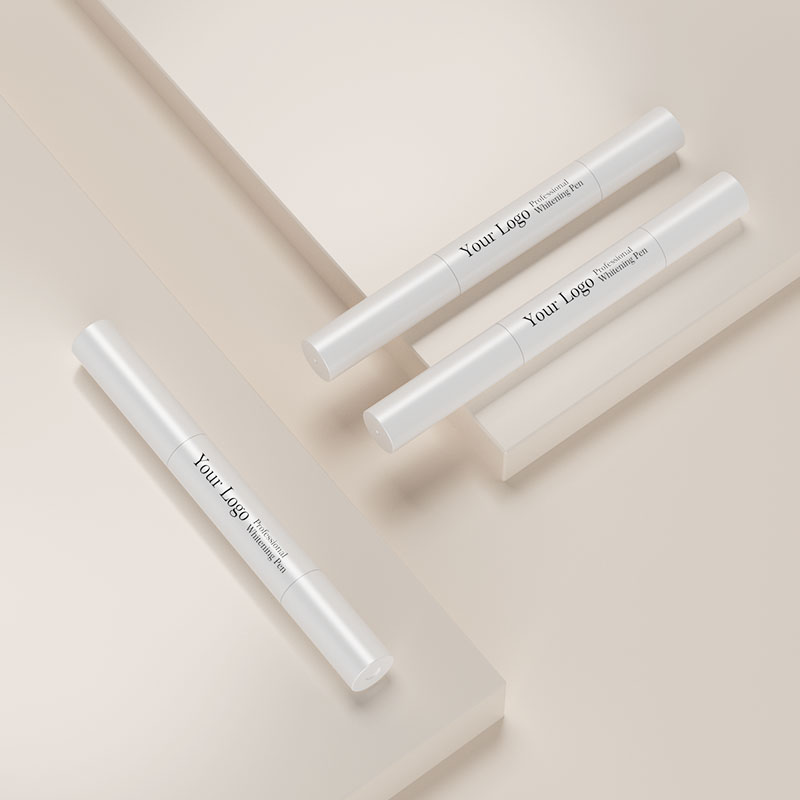
Customization Teeth Whitening Gel
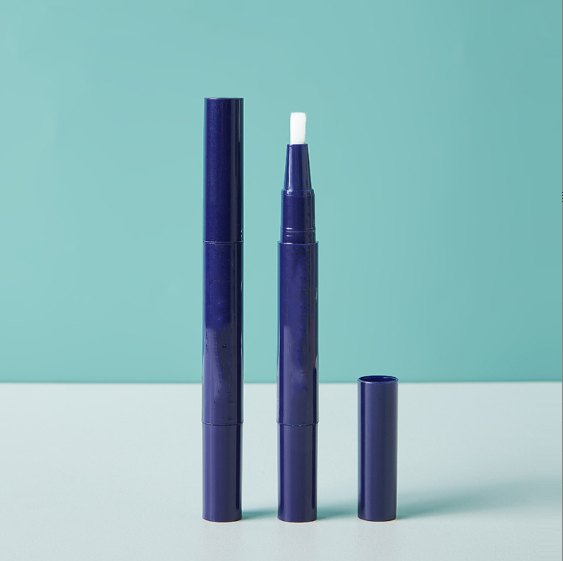
Private Label Whitening Gel